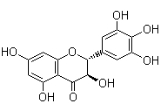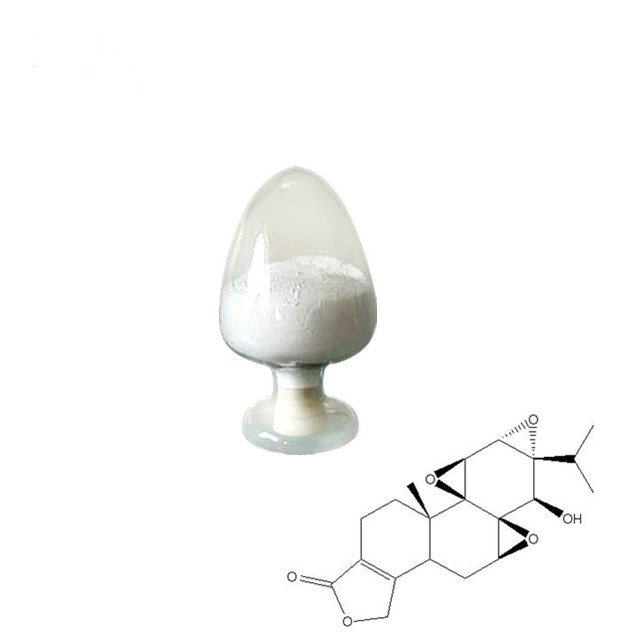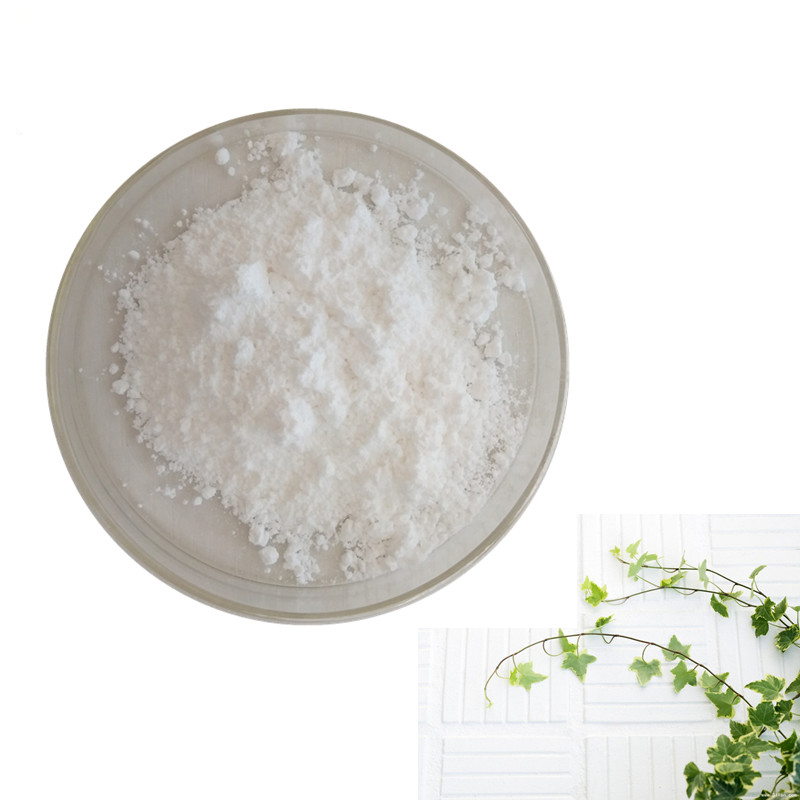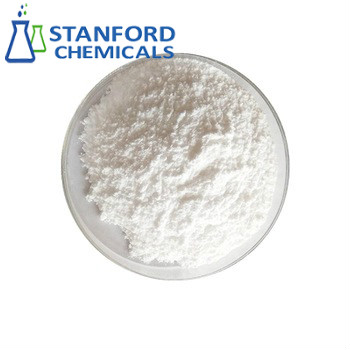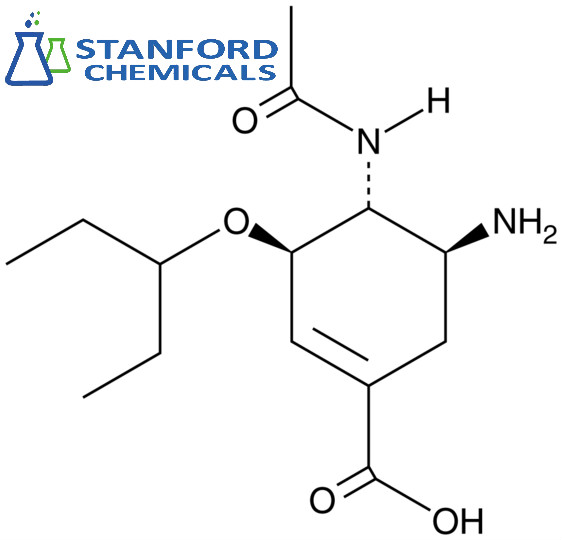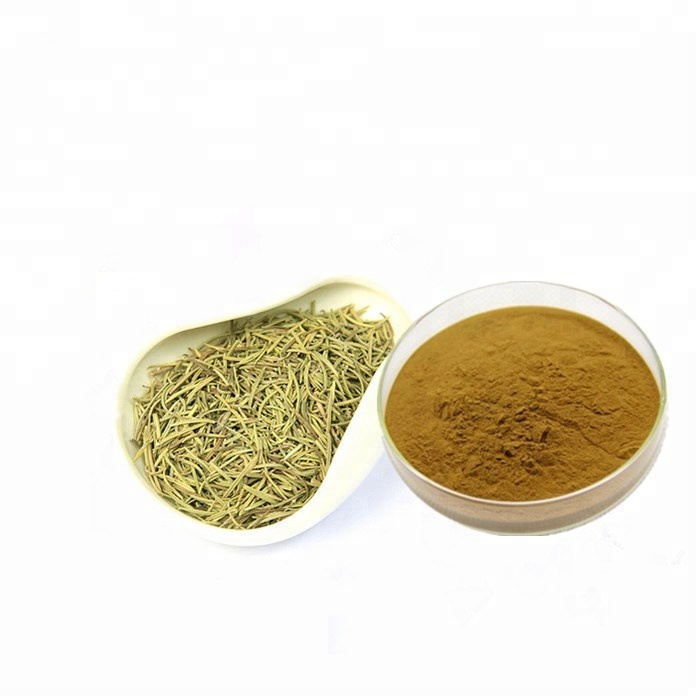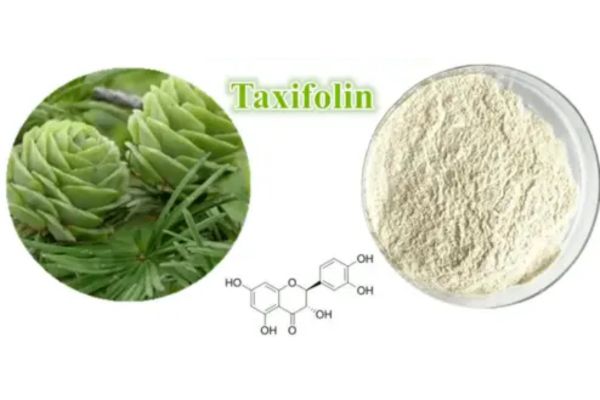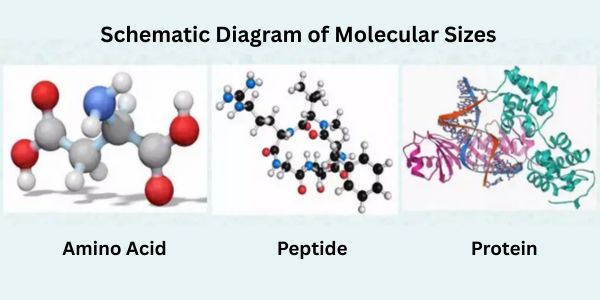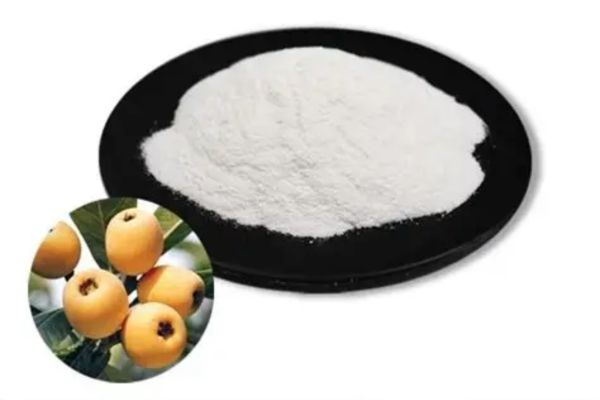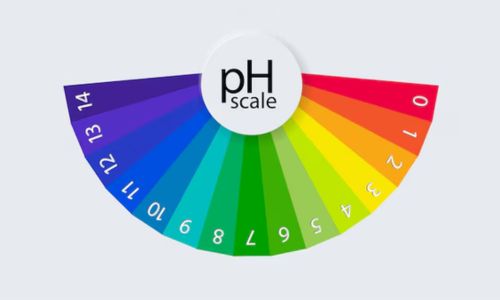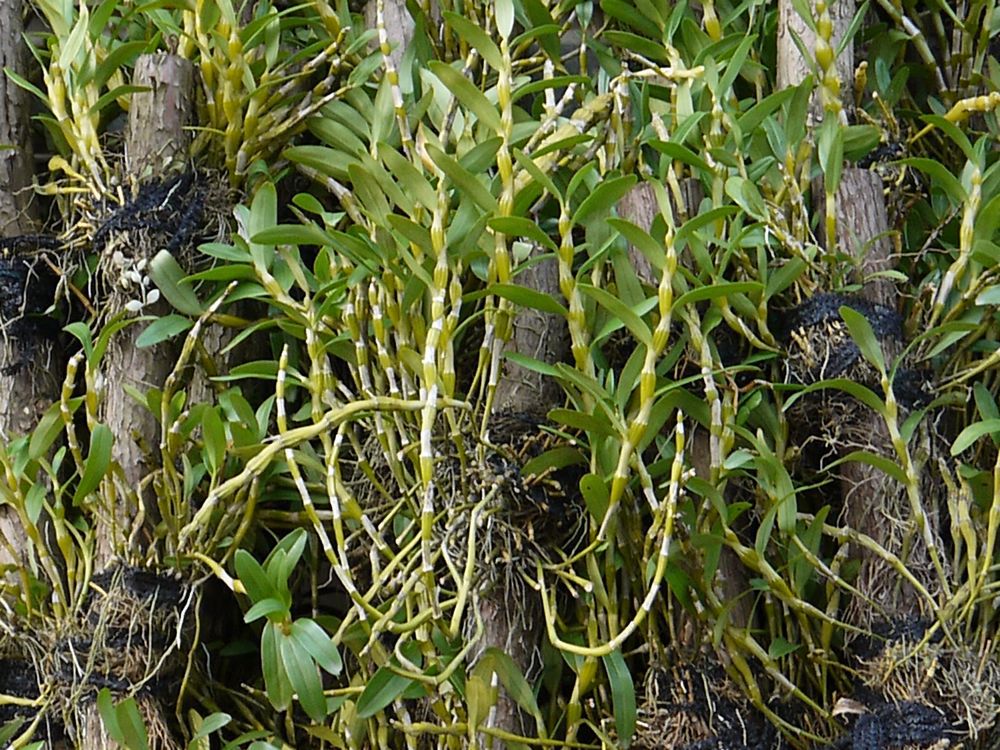Introduction
In the quest for eco-friendly and sustainable pest control methods, scientists have turned their attention to an unlikely candidate: nicotine. Derived from tobacco plants, nicotine has long been recognized as a natural insecticide. In this blog post, we will delve into the fascinating world of nicotine, examining its properties, uses, and the potential it holds for transforming pest control practices.
What Is Nicotine?
Nicotine is an alkaloid and natural insecticide that acts as an anti-herbivore chemical in tobacco plants (Nicotiana rustica (wild tobacco), Nicotiana tabacum (cultivated tobacco)), and other nightshade plants. In tobacco plants, nicotine may constitute up to 3 % of the dry weight. The compound mimics the endogenous neurotransmitter acetylcholine and exhibits agonistic effects on most nicotinic acetylcholine receptors. Nicotine has been used as a natural insecticide and is the archetype for the large range of synthetic neonicotinoid insecticides.
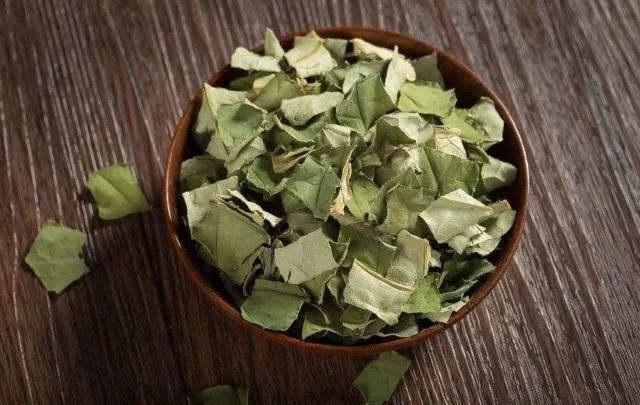
The Natural Pesticidal Powers of Nicotine
For centuries, gardeners have utilized homemade tobacco-water mixtures as natural pesticides, taking advantage of nicotine's inherent toxicity. We'll dive into the historical use of nicotine as a pesticide, examining its effectiveness against a wide array of insect pests. Furthermore, we'll explore how nicotine disrupts the nervous systems of pests, leading to their demise while minimizing the impact on non-target organisms.
Unleashing Nicotine's Potential: Conversion into Bio-Oil
Scientists have recently uncovered an innovative method for transforming tobacco leaves into bio-oil through a process called pyrolysis. We'll explore the science behind this technique, where tobacco leaves are heated to high temperatures in a vacuum, resulting in the production of an unrefined substance known as bio-oil. This bio-oil retains nicotine's potent pesticide properties and opens up new avenues for application.
Evaluating Nicotine Bio-Oil's Efficacy
With tobacco bio-oil in the spotlight, extensive testing has been conducted to evaluate its effectiveness against various insect pests. We'll examine the results of these studies, including their impact on major agricultural nuisances like the Colorado potato beetle. Additionally, we'll delve into its potential as a selective pesticide, highlighting its ability to block the growth of specific bacteria and fungi while sparing others.
Embracing Sustainability: The Promise of a "Green" Pesticide Industry
Harnessing nicotine's potential as a pesticide offers more than just pest control. We'll explore the economic and environmental benefits that a "green" pesticide industry based on tobacco can bring. From providing additional income for farmers to reducing reliance on synthetic insecticides, this approach has the potential to revolutionize pest management while contributing to sustainable agricultural practices.
What Are the Uses of Nicotine?
One potential use is as a natural pesticide, due to tobacco's content of toxic nicotine. For centuries, gardeners have used homemade mixtures of tobacco and water as a natural pesticide to kill insect pests. A "green" pesticide industry based on tobacco could provide additional income for farmers, as well as a new eco-friendly pest-control agent, the scientists say.They describe a promising way to convert tobacco leaves into pesticides with pyrolysis. That process involves heating tobacco leaves to about 900 degrees Fahrenheit in a vacuum to produce an unrefined substance called bio-oil. The scientists tested tobacco bio-oil against a wide variety of insect pests, including 11 different fungi, four bacteria, and the Colorado potato beetle, a major agricultural pest that is increasingly resistant to current insecticides. The oil killed all of the beetles and blocked the growth of two types of bacteria and one fungus. Even after the removal of the nicotine, the oil remained a very effective pesticide. The ability of the oil to block some but not all of the microorganisms suggests that tobacco bio-oil may have additional value as a more selective pesticide than those currently in use, the report indicates.
Conclusion
Nicotine, with its innate pesticidal properties, holds tremendous promise as a natural and sustainable alternative to traditional commercial pesticides. By exploring the chemical intricacies of nicotine, its historical uses, and the potential of tobacco bio-oil, we have gained insight into the exciting world of nicotine-based pest control. As we continue to strive for environmentally friendly solutions, further research and development in this field will unlock even greater potential for harnessing nicotine's power to safeguard our crops and promote sustainable agriculture.


